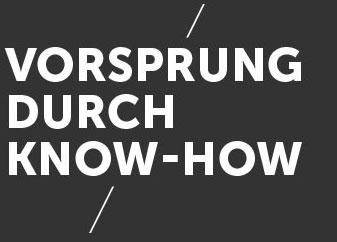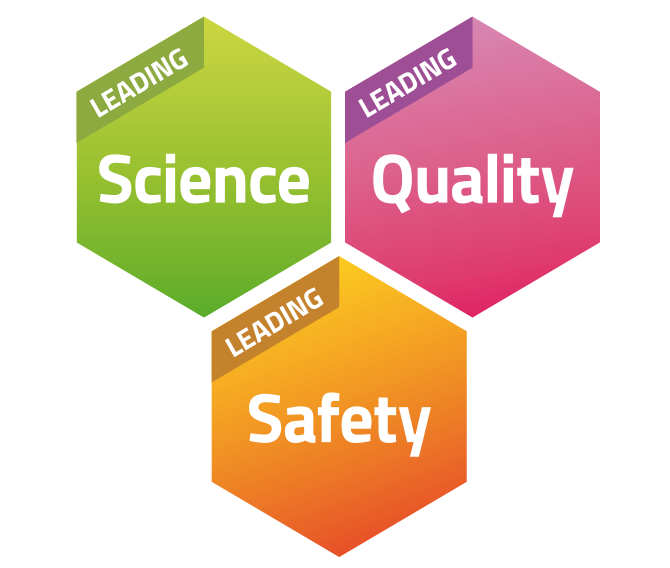Quakenbrück. On Friday, 2nd September 2011, people from the North West of Lower Saxony had the opportunity to visit the new facilities of the German Institute of Food Technologies in Quakenbrück. Overnight, Prof. Dr. Johanna Wanka (minister of science, Lower Saxony), visited the internationally renowned institute. And of course, she examined the new buildings and opportunities.
“I am glad to have you here despite your busy schedule.”, Dr. Heinz, director of DIL, appreciated the guest from Hanover. Afterwards, he elucidated the status of construction works around the institute. The minister scheduled her visit already in spring 2011 because she was invited to the planned official opening which should had taken place at the same day. As is known, the opening was shifted to spring 2012. Regardless of this, she adhered to her visit. This was appreciated by employees as well as the executive board.
Seminal and promising issues such as bio economy, robotics, food processing optimization and cooperation at European level were on the agenda. At the latter, it is worth mentioning that setup of a European Institute of food technologies in the course of the Hightech Europe network.
Prof. Wanka supports the engagement of DIL within Europe as well as within several networks. “’Europe in all its facets’, the European motto provides us with enormous opportunities for the future in Lower Saxony. Firstly the export will secure jobs within agriculture and food industry and as it is proven by DIL history – create new jobs.”
“The examination of food technology adopts a key role within this development“, Prof. Wanka summarizes.
During the subsequent walk around, Dr. Ute Bindrich, head of the Center of Food Physics, presented the new laboratories as well as the only scanning force microscope, installed in a European research institute. Bernhard Hukelmann demonstrated the numerous applications of a robotic gripper which improves hygienics as well as productivity of product handling processes. Dr. Christian Hertel elucidated aspects of white biotechnology. There is more than the opportunities of pro- and prebiotic cultures.
During her time as Chair of Mathematics in Engineering Sciences, Prof. Wanka had the opportunity to learn about the most complex calculations. During her visit at DIL, she recognized how engineering science can positively affect our daily nutrition. Then she set out on her way to Bevern to discuss with the people who are also well versed with food production.






